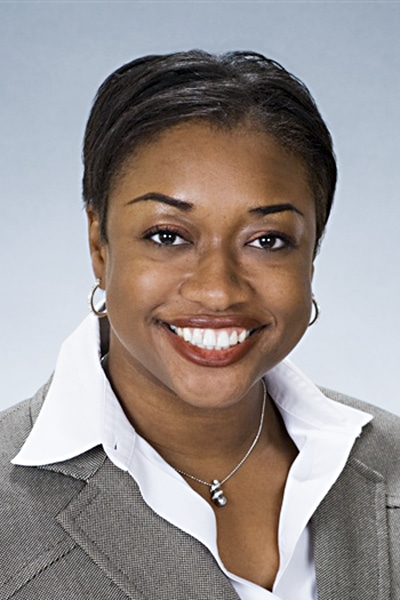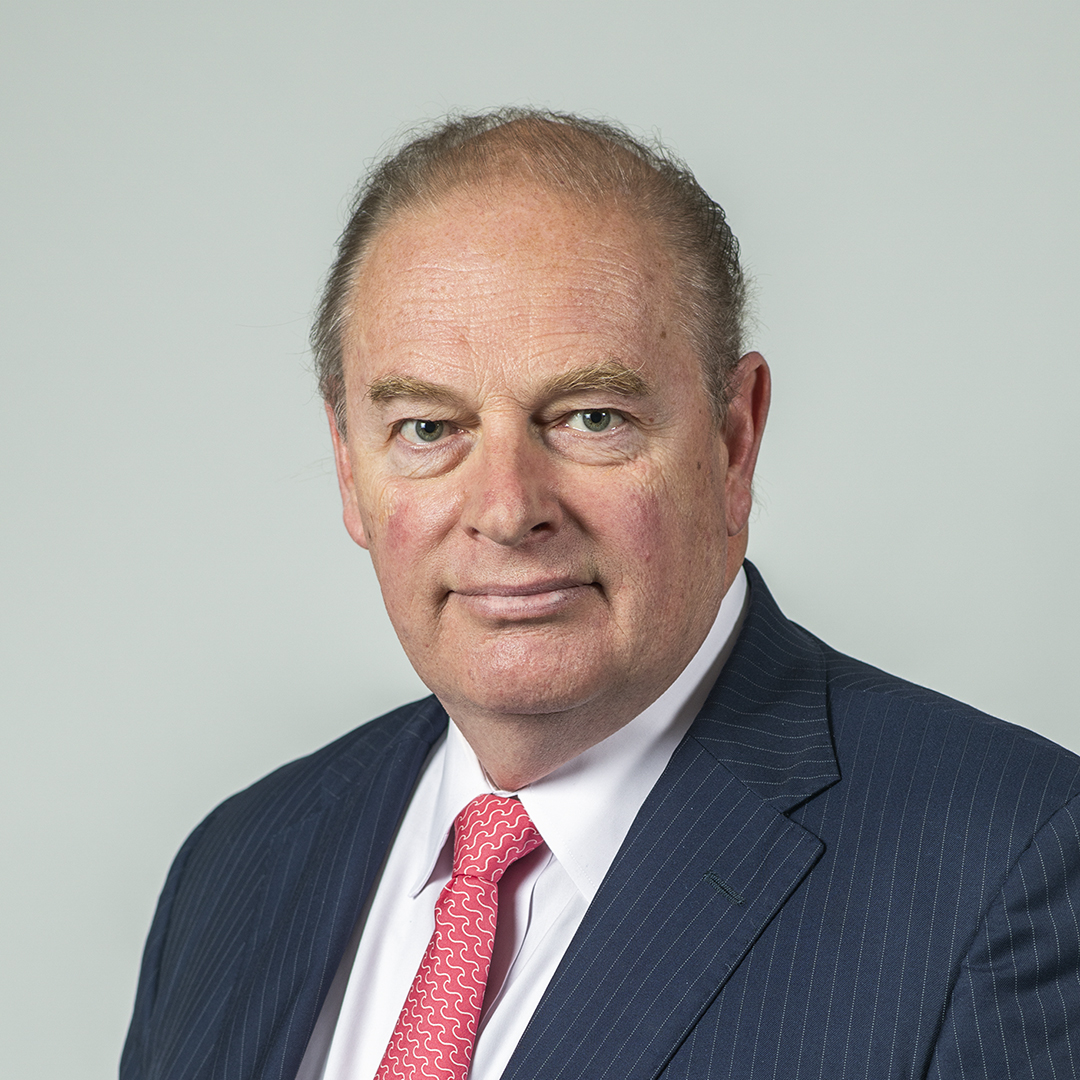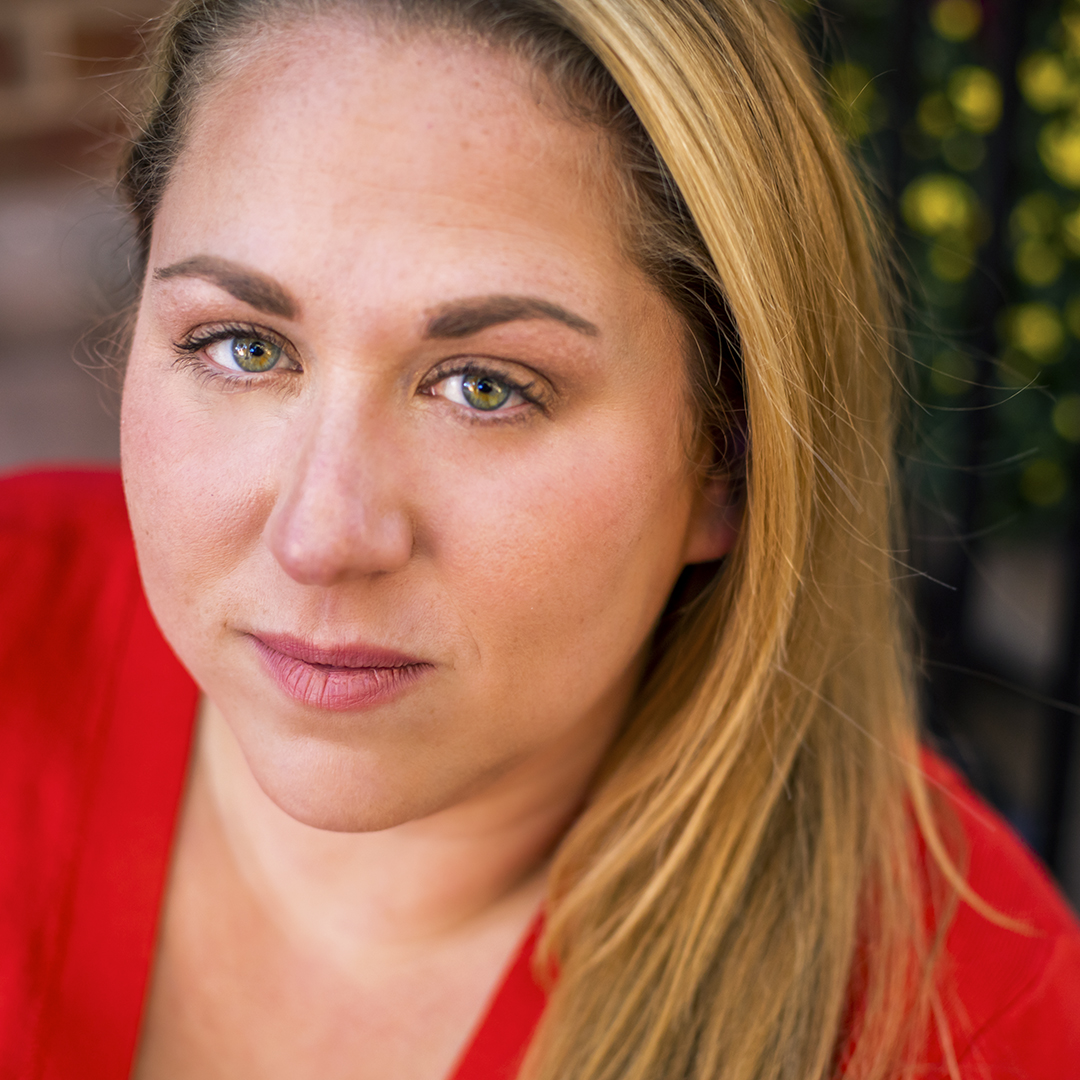“Don’t limit yourself,” Tashica Williams Amirgholizadeh advises young people who are at the beginning of their careers—particularly in the sciences. “If you go down a straight-line path, you might come to a dead end, but it’s never too late to pivot and find something that feeds your passions.” Amirgholizadeh certainly took heed of her own advice with an educational path that started in chemistry at Baylor University and culminated at the University of California, Berkeley, where she attended law school.
At a young age, Amirgholizadeh discovered her deep fascination with science. Her parents and teachers nurtured her natural curiosity and scientific aptitude throughout her childhood. Growing up in a military family—and accustomed to moving around more than the average child—Amirgholizadeh tapped into the natural world around her everywhere she went. Her family lived in a variety of places, including Texas, California, Hawaii, and even Germany, where she received the most encouragement to pursue science.

She followed that inherent love of learning to complete her undergraduate education at Baylor University, a southern Baptist university in Waco, Texas, that supported her faith as well as her scientific pursuits. Amirgholizadeh majored in chemistry and minored in mathematics, eventually matriculating into the chemistry graduate program at the California Institute of Technology, where she earned a PhD.
She praises both institutions for their dedication to creating safe environments where she felt free to ask questions and feed her curiosity. “[Attending these schools] kept with a theme for me,” Amirgholizadeh says, “which was to be part of small, intimate, and warm settings, but powerhouses when it came to science.” Her classmates became a family on whom she could depend, and she remains close to many classmates she has met during her journey.
By nearly the end of her graduate studies, Amirgholizadeh was faced with a dilemma: though her passion for science hadn’t waned, she could not see herself in a laboratory for the rest of her life. “It [had become] tedious,” she explains. “That realization was dangerous because I knew my heart wasn’t in it.”
The decision to abandon the track that she had been on her whole life was a daunting one, but Amirgholizadeh followed her gut and made the choice to pursue patent law, even though she knew it would mean more schooling. She was encouraged by friends and classmates, who also had pursued legal paths, to consider patent law. They noticed that, in addition to the scientific expertise that would make her an asset in patent law, she had other skills, such as creative thinking and attention to detail, that are essential for any good attorney.
After Amirgholizadeh was admitted to law school at the University of California, Berkeley, she explored other parts of her personality that made patent law such an ideal fit for her. “Patent law was a natural blend of the skills that I knew I had and others that I discovered,” she shares. “It put me on the right course that I am on today, and I have never looked back.”
After law school, Amirgholizadeh spent nearly six years as an associate with Sidley Austin LLP in Los Angeles. Her practice at the firm primarily focused on patent infringement litigation involving a wide variety of technologies, including biotechnology, medical devices, computer processor architecture, and plasma display panels. Sidley afforded her the opportunity to train alongside talented patent litigators. She learned how to be a patent litigation detective to defend and challenge patents. “You had to figure out what the playing field was [at the relevant time],” she explains. “What was out there historically and when was something truly invented.”
“If you go down a straight-line path, you might come to a dead end, but it’s never too late to pivot and find something that feeds your passions.”
Amirgholizadeh believes that her experience at Sidley was important for the role she holds today because her insight allows her and her team to move nimbly in their hypercompetitive field. During those years at Sidley, she learned what it takes to invalidate a patent and saw how patents were attacked, which gave her the current insight to see problems upstream and know how to get ahead of them. “I have learned how to stress-test a portfolio,” she shares. “I have the freedom to investigate and I know how to make a quick risk assessment if issues do arise.”
Currently, Amirgholizadeh is associate general counsel in the intellectual property (IP) department at Gilead Sciences Inc., a leader in biopharmaceutical research based in Foster City, California. She is a valued member of the IP leadership team and manages a group she helped create that counsels on acquisitions, licensing, and other due diligence matters. With the help of her team and her litigation experience, Amirgholizadeh has advised Gilead on several multibillion-dollar acquisitions.
With patent law, Amirgholizadeh struck an ideal balance between her curiosity and her love of science, and at Gilead, she gets to keep her finger on the pulse of cutting-edge research that makes her excited to go to work every day. “I still get really excited to read papers and journal articles about new discoveries,” she enthuses. “I get to learn continuously and indulge in my passion for science.”
At a company like Gilead, Amirgholizadeh enjoys working with exceptional scientists and other cross-functional colleagues with whom she can converse and learn, all while contributing to meaningful endeavors in the healthcare industry. “I feel fortunate that I get to work at a place like Gilead,” she remarks. “We create medicines that help patients and have the testimonials to prove that they’re helping them.”
Amirgholizadeh hopes to promote the pursuit of patent law among women, particularly women of color, who remain underrepresented in the sector. She emphasizes that it is never too late to change direction and that there is no single path to satisfying a passion in science.
“I hope that people see that they aren’t stuck in the path they choose at eighteen or nineteen years old—they don’t have to stay there,” she says. “If someone finds themselves in the same position I did, I hope that they would explore patent law and give it a chance. Then maybe they can continue to inspire the younger generations to do the same.”
Gilead’s commitment to achieving the impossible is supported by talented professionals like Tashica. Venable has had the good fortune to work with her on many intellectual property matters, and we have tremendous respect for the technical skill and creativity she brings to solving complex legal issues.


